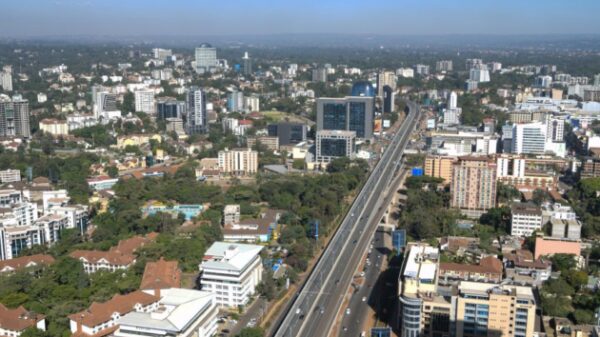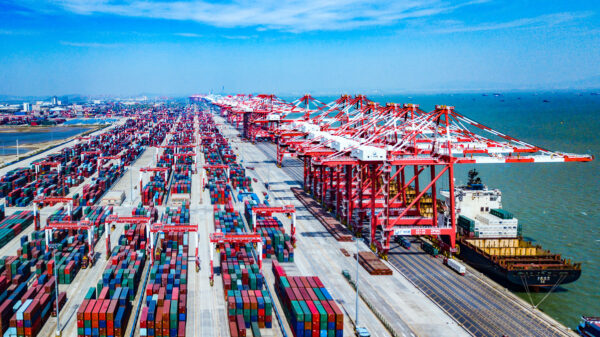NAIROBI, Kenya, Apr 28 – The Kenya Association of Manufacturers (KAM) has joined other private sector players like the Federation of Kenya Employers in opposing the proposed minimum wage increment arguing that it will impact them negatively.
KAM Chief Executive Officer Betty Maina said they were concerned that the government\’s intention to increase the minimum wage by 10 percent in a bid to cushion workers from the high cost of living would in turn affect job expansion especially in labour intensive industries.
"While we recognise that the cost of living has indeed gone up, a blanket wage increase is ill-advised. This is because labour cost is a major production cost and an increase without considering how it will tip the scales could be a big mistake," said Ms Maina.
On Wednesday, Prime Minister Raila Odinga said the government would increase the minimum wage on Labour Day (this Sunday), although he did not indicate by what percentage.
The Premier admitted that such increment should have come after two years but would be effected this year to help mitigate will the cost of living.
However, KAM expressed fears that such a move would instead cause more problems given the fact that the business environment is also grappling with high transaction costs.
The business climate is already burdened by high energy costs, unfriendly regulatory framework and stringent tax regimes, she argued, adding that most firms cannot withstand another strain.
"Although we appreciate that the Government is trying to address the impact of rising inflation in the country, we are of the opinion that this should not precipitate other crises which will affect job expansion in the country," she said.
She was however quick to add that their stand should not be interpreted to mean that the business community is apathetic to the state of workers and consumers.
KAM claimed that the manufacturing sector, which has been identified as one of the key drivers of the economy, is worst hit with their members paying 56 per cent of their earnings as taxes and levies and exchange rates.
This is not withstanding the potential that the industry which employs more than 1.7 million people in the formal and informal sectors has in a conducive and competitive environment.
To harness this potential, the association believes that the sector needs to be given incentives that will propel its growth as the country moves towards its Vision 2030 goals.
"Government\’s desire to support producers should take the form of an income grant on them rather than instituting measures that drive up the cost of food to mostly urban consumers," she added.
Such incentives, Ms Maina reckoned include a conducive wage regime that is based productivity.
The Chief Executive stated: "Rather than only focus on wage increases, the government should instead focus on the reduction of the entire spectrum of the cost of living with a special focus on the reduction on the price of food."
However, the government has already acknowledged this fact and stated that going forward; productivity will be the criterion on which it will base the wage increments.
To further curb hikes in food prices, KAM is advising that the government should abolish taxes on basic grains like wheat which Kenya is not self sufficient in.
"We don\’t grow enough to meet the local consumption needs and yet they all attract very high duties – made worse by global price increases due to constrained supply in the source markets," she explained adding that the extra costs borne by manufacturers are then passed on to the consumers.
Besides tax relief on the importation of basic commodities and raw materials, the government should also consider reducing tax charged on fuel and reworking of the formula used to come up with fuel pricing.
In addition, it should ensure that the country has strategic reserves of fuel stock that can serve the country for at least 90 days at any given time thus preventing \’shock prices among others.
"If these among other measures are taken by the Government, then the country will definitely see the cost of essential commodities and inflation going down to agreeable levels," she said.
"However, if the situation continues as it is and deteriorates even further, then, many businesses will have no otherwise but either to relocate to other destinations that offer lower cost of doing business or completely close down their operations dealing a blow to the government\’s vision." Ms Maina emphasised.
Follow us TWITTER @CapitalFM_Kenya and the author at https://twitter.com/Cirunjoroge

























